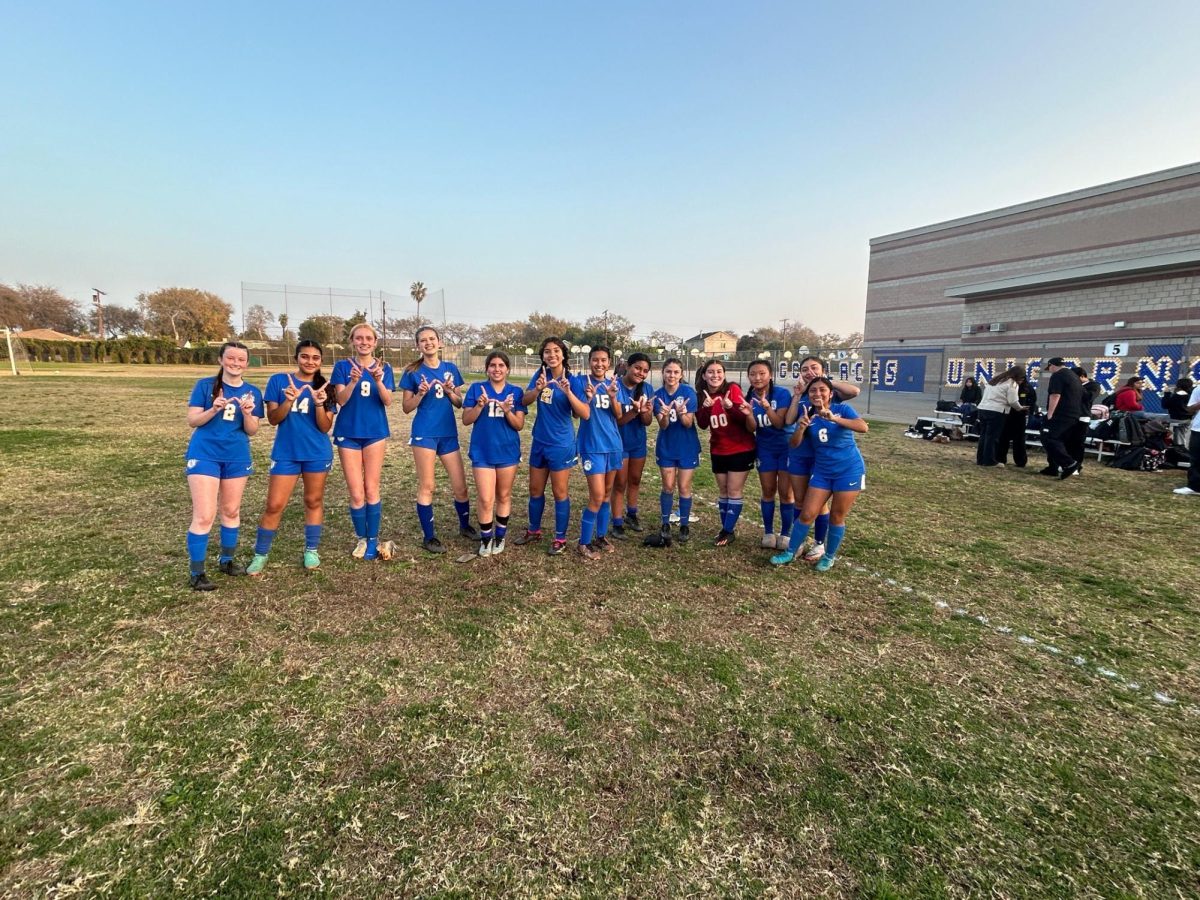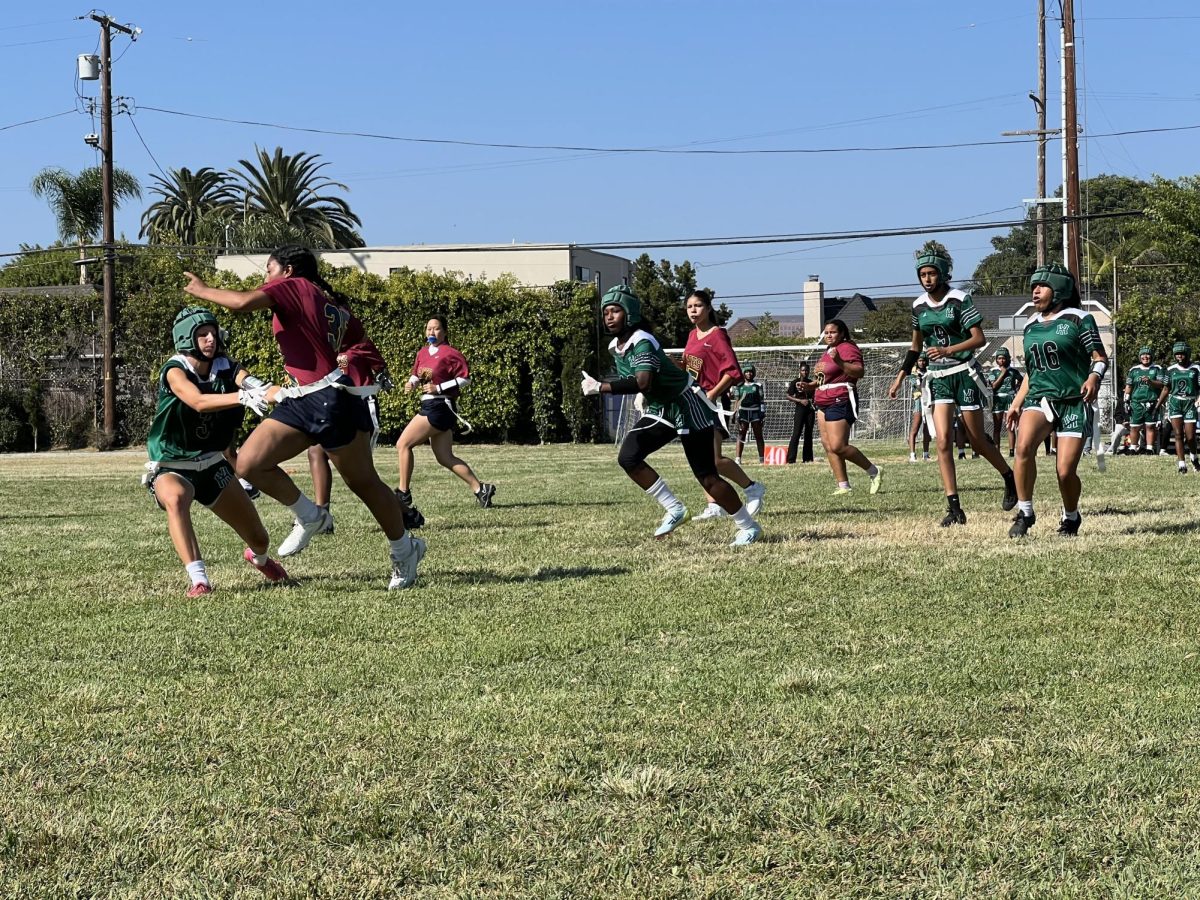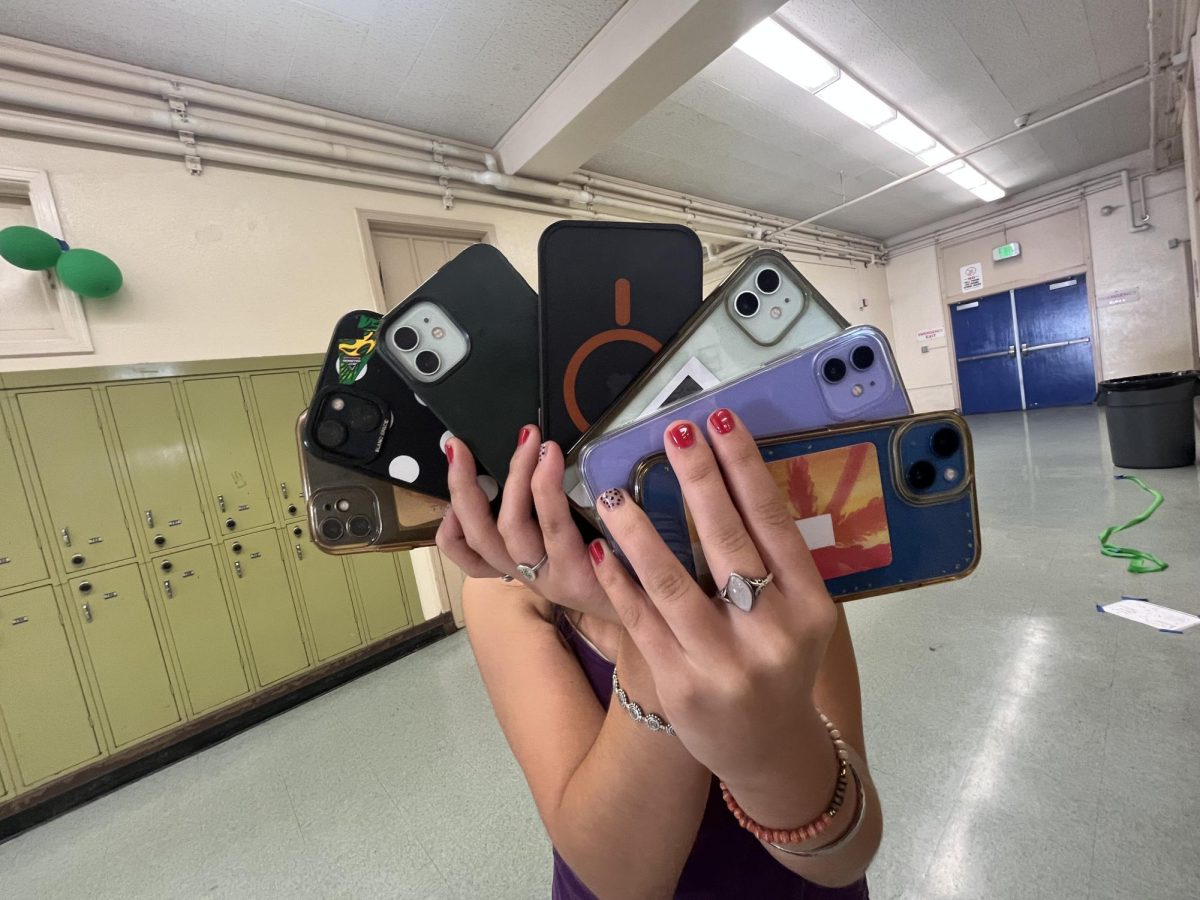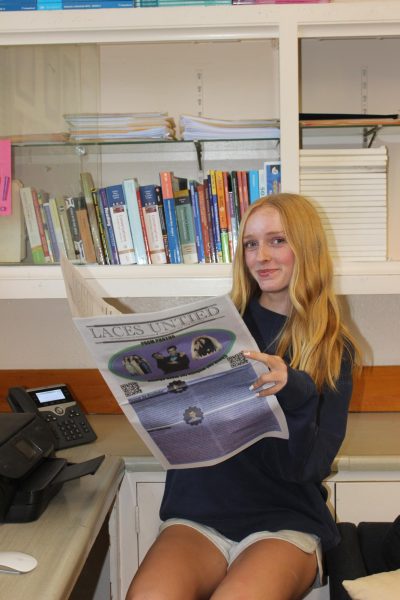In the midst of summer, while student’s minds were on anything but school, the LAUSD board members were busy planning a new policy for when they returned to their classrooms. On June 18th, Superintendent Alberto Carvalho and the seven LAUSD school board members walked out of a meeting spearheaded by District Four’s Nick Melvoin, where they voted 5-2 in favor of removing phones from school environments. The next step to take is what this policy will look like in classrooms.
“It’s a work in progress,” Carvalho said in an interview with LACES Untied. “We’ve been analyzing what the available technology is, whether it’s for a phone’s safe storage or for the disabling of the signal.”
Another possible method students and faculty are speculating is the use of personal phone lockers, which students would keep their electronic devices in from when they first step into school to when the final bell rings.
This phone ban is only the first step in Nick Melvoin’s plan to change school life for students.
“To me this is a part of a larger idea I’ve had around playtime, recess, outdoor play, getting you all out of the city, you know, I envision a childhood…where, you know, you have more time to socialize and be kids.” said Melvoin in an interview with LACES Untied.
For LACES, banning phones from classrooms may only be the first action in a larger process to change school culture.
LAUSD is not the first example of anti-phone laws that have been passed. According to the Washington Post, in November 2023, Florida became the first state to ban cellphones, followed by Indiana, Louisiana, South Carolina, and nine others. Now LAUSD, the second biggest school district in the U.S., has joined those numbers. Although the district-wide ban begins January 2025, the State of California has also passed the Phone-Free Schools Act, which aims to remove phones from all California schools by 2026.
The seven board members’ reasoning included the importance of managing distractions in preparation for college and work and the damages social media has on concentration and mental health. One argument for the ban was made by board member Ortiz Franklin, stating that this ban would help in “fostering a culture of face-to-face interactions and building a stronger, more connected and positive school community.” These opinions didn’t run unopposed.
Two of the seven board members, Scott Schmerelson, the representative for District Three and George McKenna, who represents District One, voted no. Their reasons, as reported by the Los Angeles Times, included the distinctions between instructional and non-instructional time and the necessity of respecting student ownership.
LACES sophomore Madeline Lee questions the safety of the ban.
“If we have a phone ban, we may not be able to notify anyone during emergencies, and I’m scared that we wouldn’t be able to alert our parents,” said Lee. This counterargument is frequently used when the ban is brought up.
Melvoin responded to this issue.
“It’s actually more dangerous when kids have their phones for a few reasons. One, god forbid there’s an assailant or something on campus, and if a phone beeps or even vibrates, it could say ‘oh someones hiding over there,’ which is a horrific thought,” said Melvoin.
He goes on to express his two other points regarding the dangers of phones during emergencies. One includes the chaos created if students are texting their parents, who may then go on to call police or drive to the school, possibly overwhelming the emergency responses or blocking officers from getting to the scene.
Melvoin’s last reason was that it’s safer to leave contacting emergency responders to those who are trained, whether that be teachers, faculty, or administrators.
“It just leads to fear and chaos, when in those situations we actually need there to be just one plan,” said Melvoin.
LACES sophomore Leo Morse is in favor of the LAUSD phone ban.
“It’ll take some time to get used to, but I think it will be good for students long-term. It’ll force people to spend more time with people in real life instead of being on their phones,” said Morse.
While students have guesses on how school will be like once the ban takes effect, only time will tell what will actually change.
Starting in January 2025, a new chapter of school life will open up to LAUSD students, one that may change habits previously formed over the course of their lives.
















